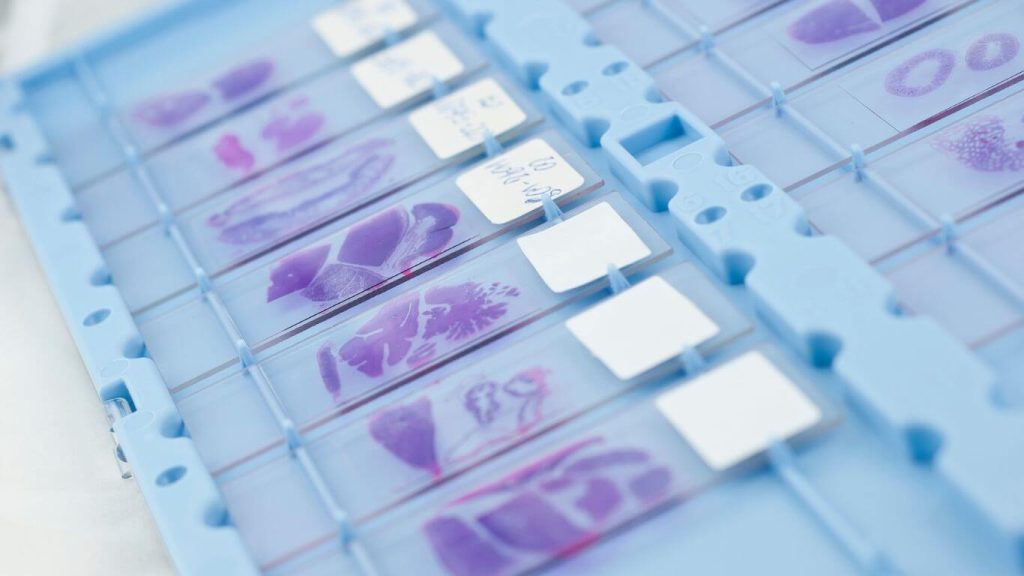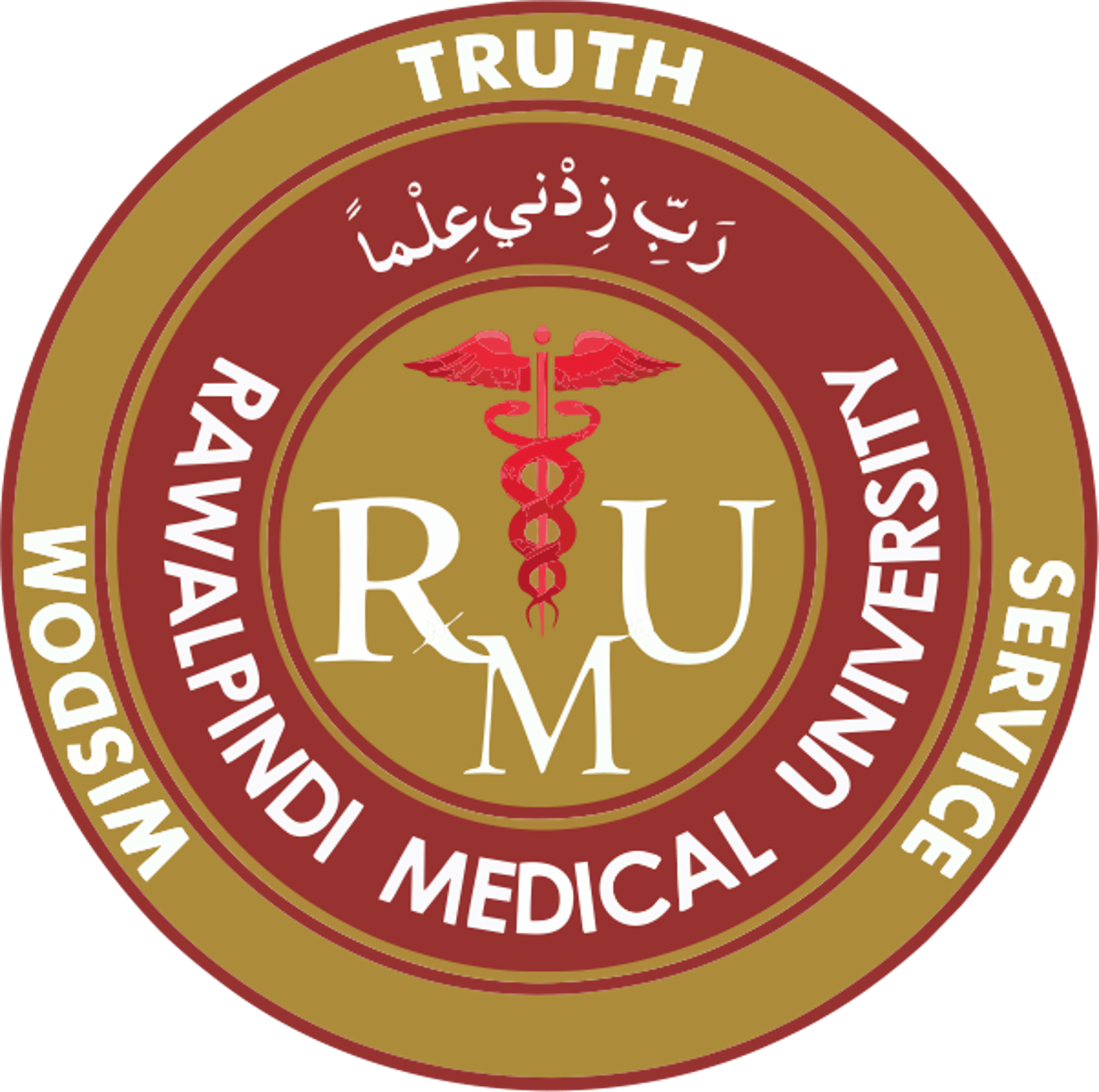MPhil Programs

MPhil Programs Rawalpindi Medical University (RMU)
Overview
The M.Phil (Master of Philosophy) program at Rawalpindi Medical University (RMU) holds significant importance in advancing medical education, research, and academic excellence in Pakistan. As a prestigious postgraduate degree, the M.Phil serves as a critical bridge between undergraduate medical education and advanced research or doctoral studies. It provides healthcare professionals and aspiring researchers with the opportunity to deepen their knowledge, develop research skills, and engage in evidence-based practices.
At RMU, the M.Phil program is designed to cultivate a culture of inquiry and innovation by encouraging students to explore pressing issues in medical science, public health, and clinical practice. Through rigorous coursework and research, M.Phil scholars contribute to the university’s mission of improving healthcare outcomes and fostering academic leadership. The program also plays a key role in strengthening the healthcare system by producing qualified educators, researchers, and specialists who are well-equipped to meet the evolving challenges of modern medicine.
RMU offers 8 MPhil Programs
MPhil
Anatomy
MPhil
Physiology
MPhil Biochemistry
MPhil Pharmacology
MPhil Hematology
MPhil Microbiology
MPhil Chemical Pathology
MPhil Histopathology
Eligibility Criteria
- MBBS or Equivalent degree recognized by PMDC
- 1 Year House job Certificate
- Valid PMDC Registration Certificate

MPhil
Anatomy
The M.Phil in Anatomy at Rawalpindi Medical University is a rigorous postgraduate program that provides medical graduates with a comprehensive understanding of the human body at both macroscopic and microscopic levels, covering gross anatomy, embryology, histology, and neuroanatomy, along with hands-on training in cadaveric dissection and histological techniques. With a strong focus on integrating clinical relevance into anatomical knowledge, the program combines theoretical instruction, laboratory work, and research to prepare students for careers in teaching, research, and medical education at undergraduate and postgraduate levels. At present, two sessions are in progress, with two candidates enrolled in the 2024–2026 session and one candidate in the 2025–2027 session, under the supervision of Prof. Dr. Aeysha Yousaf and Prof. Dr. Ifra Saeed.
MPhil
Physiology
The M.Phil in Physiology at Rawalpindi Medical University offers a comprehensive exploration of the functional aspects of human organ systems in both normal and pathological states. The program encompasses advanced topics in cellular physiology, neurophysiology, cardiovascular, respiratory, renal, endocrine, and reproductive systems. Students gain practical experience through experimental design, physiological measurements, and data interpretation. The course is structured to encourage scientific inquiry and foster the development of research skills through independent thesis work. Graduates of this program are prepared to contribute to the academic and research community, serve as faculty in medical institutions, and pursue further specialization or doctoral studies in related biomedical sciences.


MPhil
Biochemistry
Rawalpindi Medical University’s M.Phil in Biochemistry program aims to cultivate a deep understanding of the biochemical mechanisms underlying human health and disease. It is structured to build proficiency in molecular biology, enzymology, metabolism, genetics, and clinical biochemistry. The curriculum is designed to integrate theoretical learning with advanced laboratory techniques, including spectrophotometry, electrophoresis, chromatography, and molecular diagnostics. Students engage in critical evaluation of scientific literature and undertake independent research projects under expert supervision. The program fosters analytical thinking, research skills, and academic excellence, thereby preparing graduates to serve in academic institutions, clinical laboratories, pharmaceutical research, and biomedical sciences.
MPhil
Hematology
The M.Phil Hematology program at Rawalpindi Medical University is tailored to produce specialists with expertise in the study of blood, its components, and associated disorders. The course provides an in-depth understanding of the physiology and pathology of blood cells, coagulation systems, hematological malignancies, and transfusion medicine. Emphasis is placed on the development of technical proficiency in laboratory procedures such as complete blood count analysis, bone marrow examination, flow cytometry, and coagulation profiling. Students are trained to critically assess and interpret hematological data, conduct meaningful research, and apply their knowledge in clinical diagnostics and academic instruction. This program serves as a strong foundation for those aspiring to pursue higher research, teaching, or specialized laboratory practice.
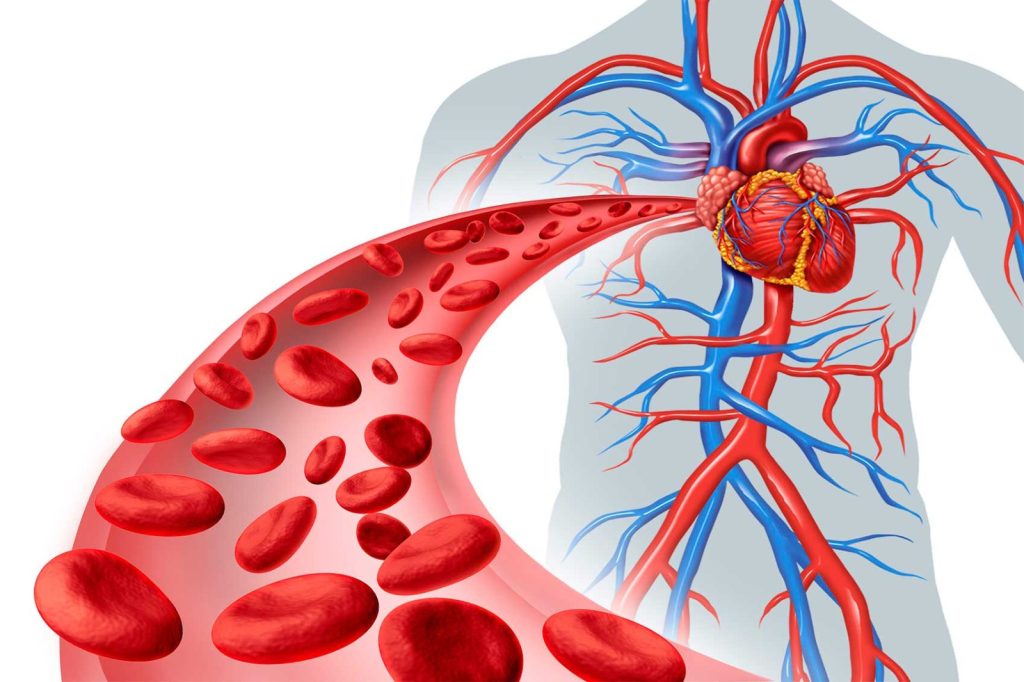

MPhil
Pharmacology
The M.Phil Pharmacology program at Rawalpindi Medical University is structured to develop a profound understanding of the principles and applications of pharmacological sciences. The curriculum covers drug classification, mechanisms of action, pharmacokinetics, pharmacodynamics, adverse drug reactions, and clinical pharmacology. The program combines classroom instruction with experimental pharmacology, enabling students to conduct pharmacological experiments using animal models and in vitro systems. Emphasis is also placed on ethical research practices, drug development, and therapeutic drug monitoring. The research component encourages critical thinking and innovation, allowing students to contribute meaningfully to the field of medical research. Graduates are well-equipped for careers in teaching, pharmaceutical industries, clinical trials, and regulatory affairs.
MPhil
Microbiology
The M.Phil in Microbiology at Rawalpindi Medical University is designed to provide an advanced understanding of microorganisms, their physiology, pathogenicity, and roles in human disease. The program integrates the study of bacteriology, virology, mycology, parasitology, and immunology, with a strong focus on the clinical aspects of microbial infections, diagnostics, and resistance patterns. Students gain hands-on experience with microbiological techniques such as culture methods, staining procedures, antimicrobial susceptibility testing, and molecular diagnostics. The program also emphasizes infection control, hospital epidemiology, and biosafety. By the end of the course, graduates are well-prepared for academic roles, research initiatives, or leadership in diagnostic microbiology laboratories and healthcare institutions.
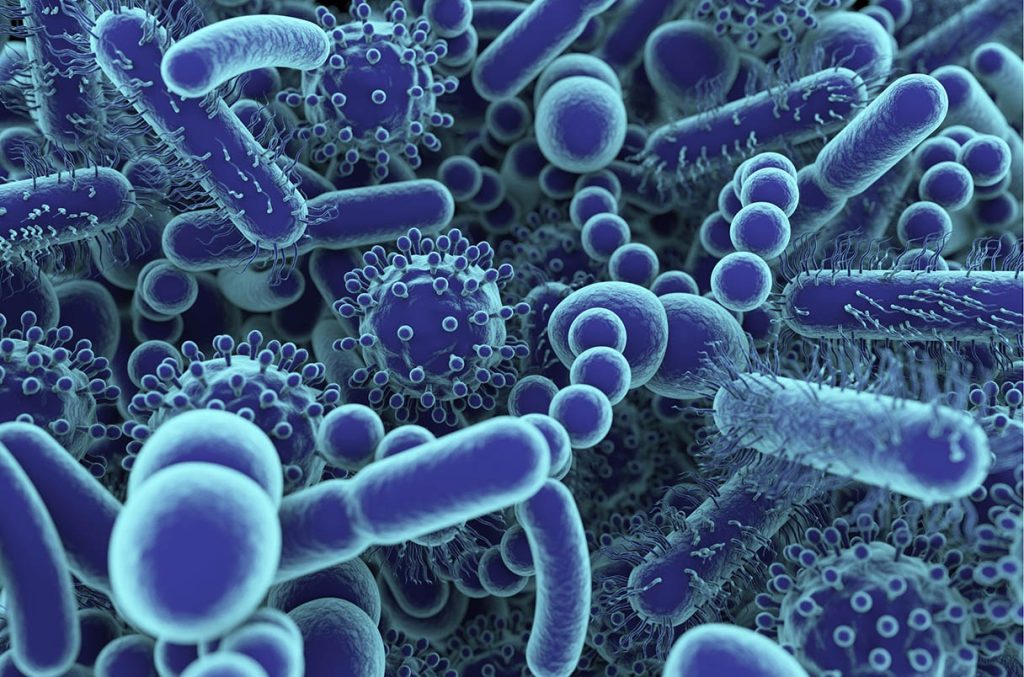
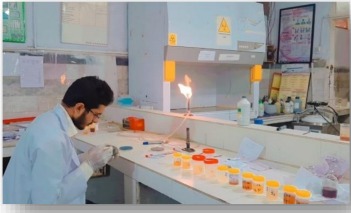
MPhil
Chemical Pathology
The MPhil in Chemical Pathology is a postgraduate research-based program that focuses on the biochemical mechanisms of disease and their laboratory diagnosis. It combines advanced study in clinical biochemistry, molecular diagnostics, and metabolic disorders, enabling students to develop expertise in analyzing bodily fluids for abnormalities. The program is designed for medical graduates aiming to pursue a career in clinical laboratories, teaching, or research. It also prepares candidates for further specialization, such as FCPS or PhD, and plays a vital role in the accurate diagnosis and monitoring of various systemic diseases like diabetes, kidney and liver disorders, and endocrine dysfunctions.
MPhil
Histopathology
The MPhil in Histopathology is a specialized postgraduate program focused on the microscopic examination of tissue samples to diagnose disease. It provides in-depth training in tissue processing, staining techniques, immunohistochemistry, and interpretation of pathological changes. Aimed primarily at medical graduates, the program equips students with the skills needed for diagnostic work in hospital pathology labs, as well as for academic and research roles. It serves as a foundation for further specialization like FCPS, and is crucial in the detection and classification of cancers, inflammatory diseases, and various other tissue-based pathologies.
